PBC:Image scaling
Jump to navigation
Jump to search
Image scaling
PBC project for scaling images without losing detail using machine learning (AI).
How it works?
| Original photo | Upscaled 2x | Upscaled 4x | Upscaled 6x | Algorithm and description |
|---|---|---|---|---|
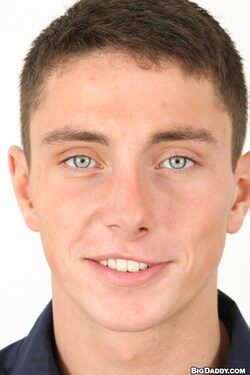 |
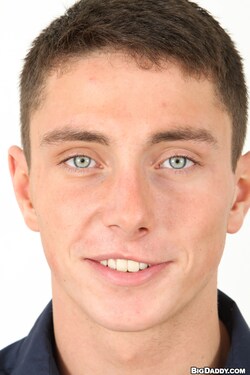 |
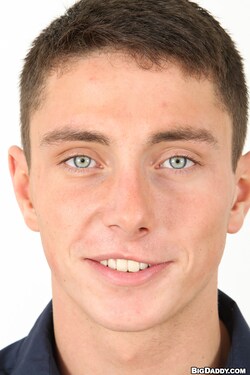 |
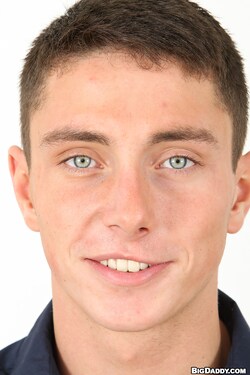 |
Genesis 9.1a α Aldebaran data model; build 1172022 Noise correction: OFF, RAW point Blur pixel correction: OFF, RAW point Details: preciseness Face recognition: Euclidean space x floating point x GPU Kernel instruction pipelining: 1024 threads to 410 lines |
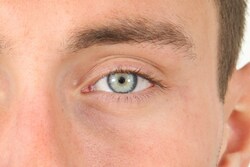 |
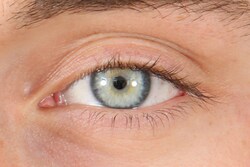 |
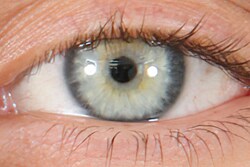 |
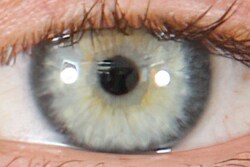 | |
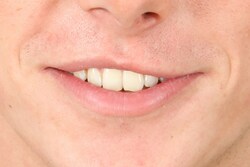 |
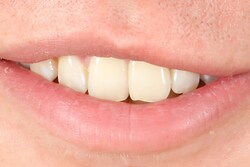 |
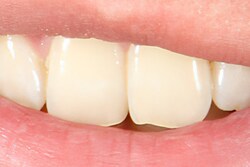 |
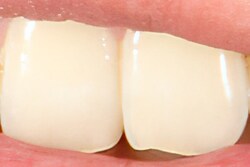 | |
 |
 |
 |
 |
Genesis 9.1a α Aldebaran data model; build 2122022 Noise correction: OFF, RAW point Blur pixel correction: OFF, RAW point Kernel instruction pipelining: 256 threads to 56 lines |
 |
 |
 |
 |
Genesis 9.1a α Aldebaran data model; build 2122022 Noise correction: OFF, RAW point Blur pixel correction: OFF, RAW point Kernel instruction pipelining: 256 threads to 56 lines |
 |
 |
 |
 |
Deep convolutional neural networks using perceptual loss. Developed on the basis of the super-resolution generative adversarial network (SRGAN) method, enhanced SRGAN (ESRGAN) is an incremental tweaking of the same generative adversarial network basis. Both methods rely on a perceptual loss function to evaluate training iterations. |
 |
 |
 |
 |
Deep convolutional neural networks. Using machine learning, convincing details are generated as best guesses by learning common patterns from a training data set. The upscaled result is sometimes described as a hallucination because the information introduced may not correspond to the content of the source. Enhanced deep residual network (EDSR) methods have been developed by optimizing conventional residual neural network architecture. Programs that use this method include waifu2x, Imglarger and Neural Enhance. |